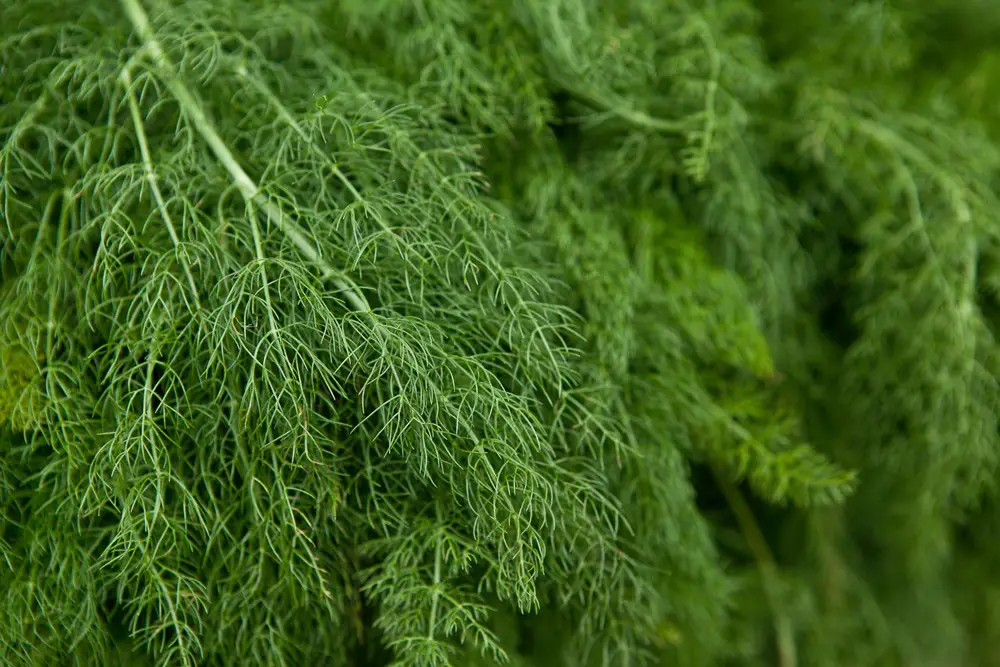It seems that the bearded dragon can eat a variety of foods, vegetables, and herbs, but which kinds of leaves are safe for them? Can bearded dragons eat dill?
The answer is absolute YES, but only a small quantity infrequently.
If you are still wondering about dill and bearded dragons, and how much dill you can give to them, this article will help you out with that.
Let us discover dills’ benefits and the effective ways to feed your beardies.
Related Posts:
- Can Beardies Eat Pears?
- Why Is My Beardie Bobbing His Head?
- Why Is My Beardie Closing Eyes When Stroked?
- Reasons Why Your Beardie Turned White and Died
- Beardie NOT Eating or Pooping
- 20+ Tips to Setup Beardie Tank
What Is Dill?
Dill is the annual leaves in the celery family Apiaceae that can be found throughout European and Asian cuisines. It is used to add flavor to food.
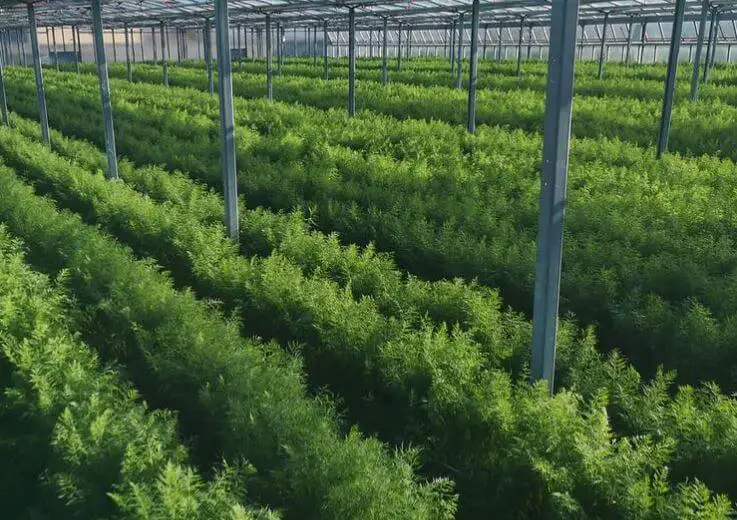
Dill is also an excellent source of nutrients and has traditionally been used to treat various ailments, including digestive issues, colic in infants, and bad breath.
It contains various vitamins and minerals, such as vitamin A, vitamin C, calcium, iron, and manganese.
These nutrients are essential for reptiles’ overall health, supporting functions such as vision, immune system, bone health, and metabolic processes.
What Are the Benefits of Dill for Your Bearded Dragon?
Dill is a flavorful herb commonly used in culinary dishes, but it can offer some benefits to bearded dragons when used in moderation as part of their diet.
As mentioned earlier, dill is rich in vitamins A and C, iron, calcium, potassium, magnesium, folate, riboflavin, and manganese.
It also contains natural antioxidants that contribute to reducing oxidative stress and inflammation. It can help combat harmful free radicals in their body.
Look at the image below to see the complete nutritional value of dill.
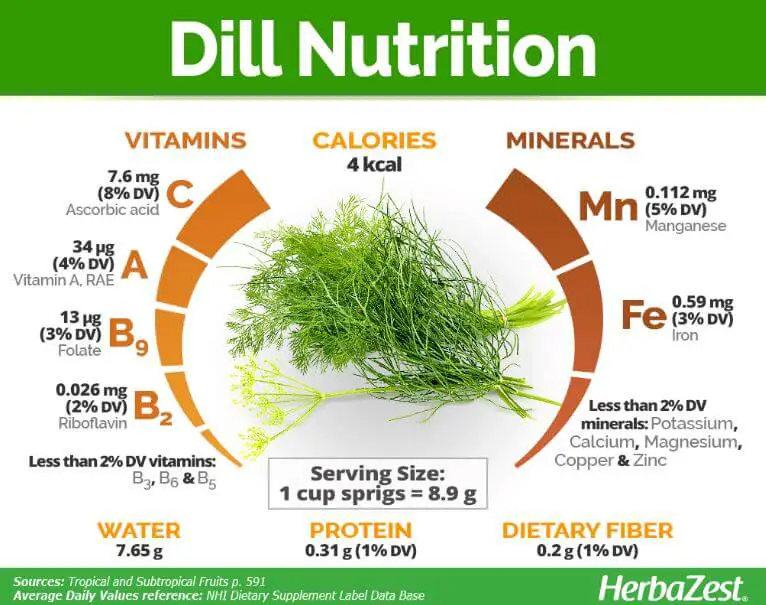
Note that not all reptiles may enjoy or tolerate dill, and individual preferences and dietary requirements should be considered.
What Are the Vitamins and Minerals Present in Dill?
Fresh dill is low in calories, and it is a good source of vitamins and minerals, including manganese and vitamins A and C.
Vitamin A is the essential nutrient for the beardie. It plays a vital role in maintaining vision, supporting a healthy immune system, and improving female reptile reproduction.
However, if a bearded dragon eats dill in colossal quantities, they can get sick. Too much vitamin A can lead to toxicity and other health problems.
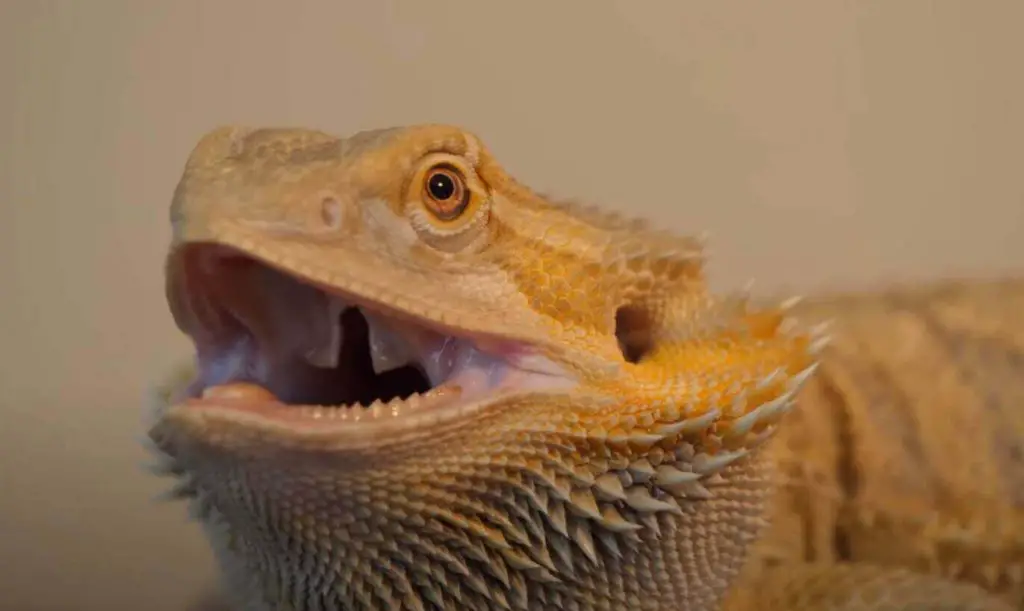
Vitamin C is also highly present in the herb. Beardies need vitamin C for a better immune system. It will help them perform and develop better.
But similar to vitamin A, too much vitamin C is harmful to your beardie. That said, give your bearded dragon only a small amount of dill in moderation.
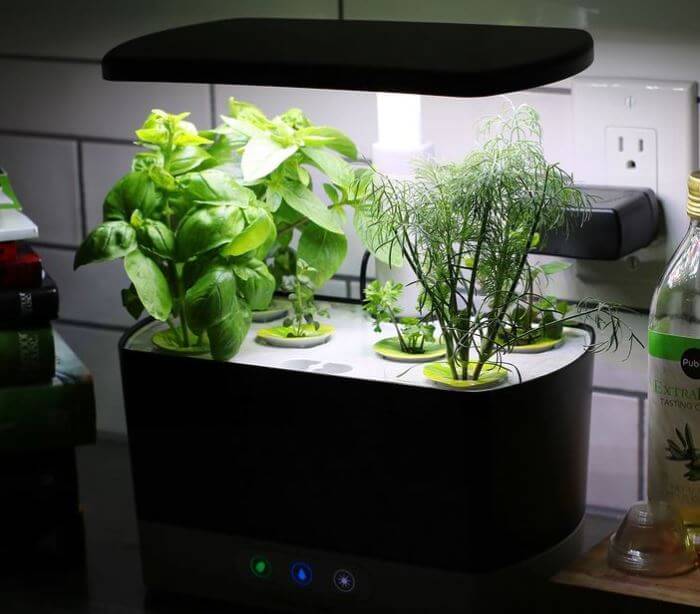
Dill provides the right amount of manganese. Manganese is also one of the essential nutrients for your pets.
It supports the normal functioning of the brain and nervous system as well as the metabolism of fat and sugar.
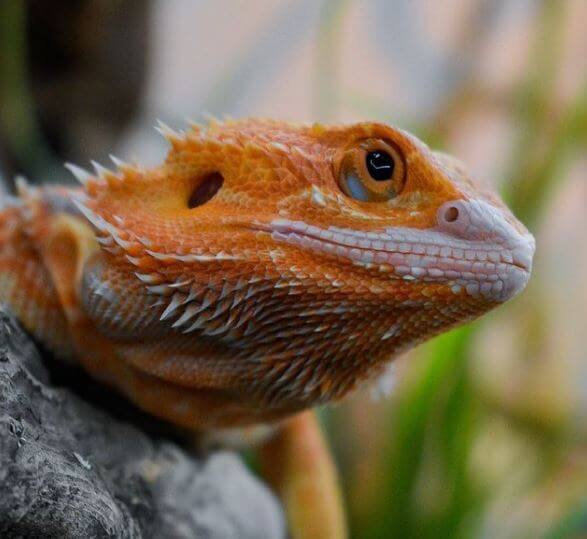
So, bearded dragons can eat fresh dill leaves but only as an occasional treat or part of a varied diet.
You should be careful because it is high in vitamin A, which can be toxic. Overfeeding dill or other herbs to reptiles can lead to digestive issues or imbalances in their diet.
Can Bearded Dragons Eat Dill Pickles?
Dill pickles are cucumbers that have been fermented in a brine solution containing dill, garlic, and other spices. They have a distinctive sour flavor.
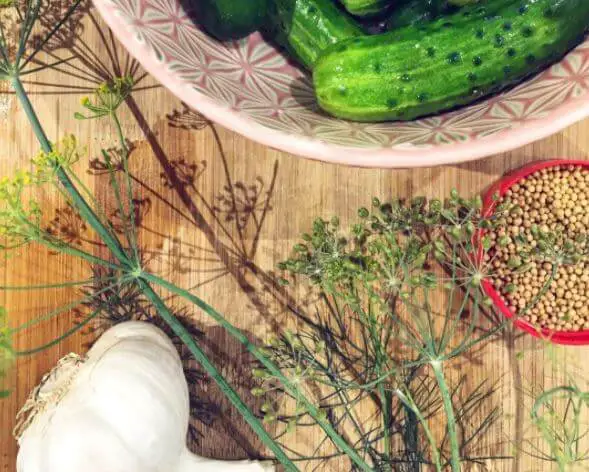
Fresh herb with a small amount is nice for beardies. However, dill pickles are not suitable for them because they contain a lot of salt.
Bearded dragons, and reptiles in general, can’t process excessive amounts of sodium. It can disrupt their nutritional balance and health.
Related Posts:
- Can Beardies Eat Squash?
- Do Beardies Eat Rosemary?
- Can Beardies Eat Brussel Sprouts?
- Can Beardies Eat Honeydew Melon?
- Do Beardies Eat Peas?
- Can Beardies Eat Chard?
- Can Beardies Eat Radish Greens?
What Herbs Are Safe for Bearded Dragons?
1. Basil
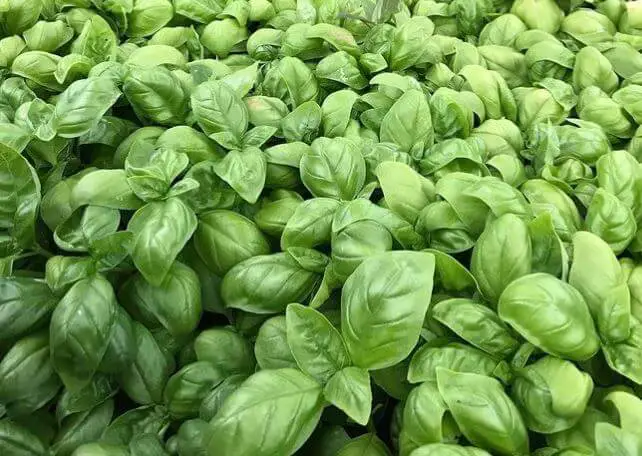
There are many types of basil, such as sweet, Genovese, Thai, lemon, and holy basil. Beardies can eat fresh basil flowers and leaves.
If you want to give this to your pet, we suggest adding just a small amount of basil to their veggies mix.
2. Celery
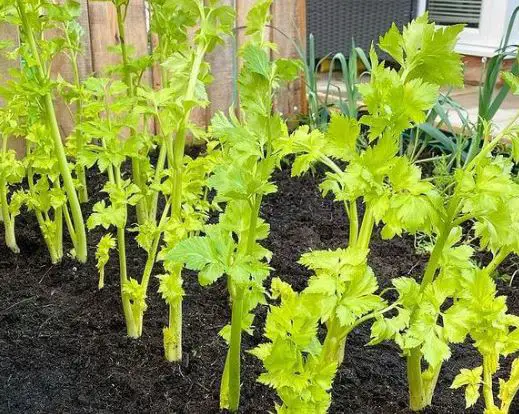
Celery is an herb that comes with three main cultivars. Hence, the bearded dragon can’t eat celery. It has very little nutritional value to them.
Nonetheless, in case of constipation, you can feed your pet with a small amount of celery.
3. Coriander
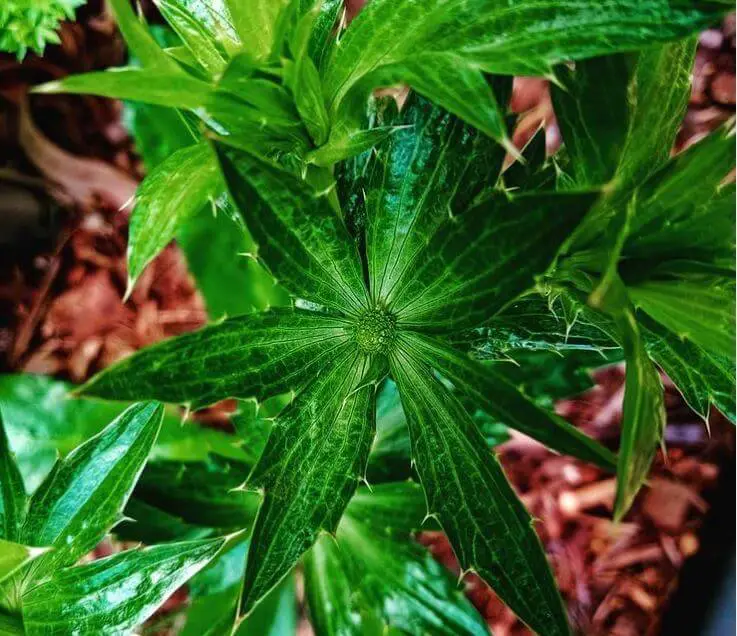
Bearded dragons can eat fresh coriander leaves and stems, but only moderately. It is a good source of vitamins A, C, and K as well as iron, copper, manganese, and other nutrients.
4. Fennel
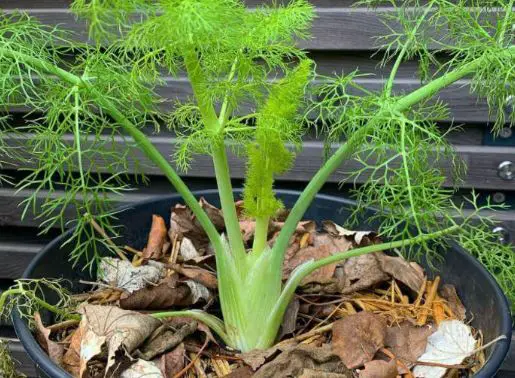
Fennel can be added to beardies’ diets on occasion. The beardies will benefit from abundant iron, calcium, potassium, and vitamins B and C.
5. Lavender
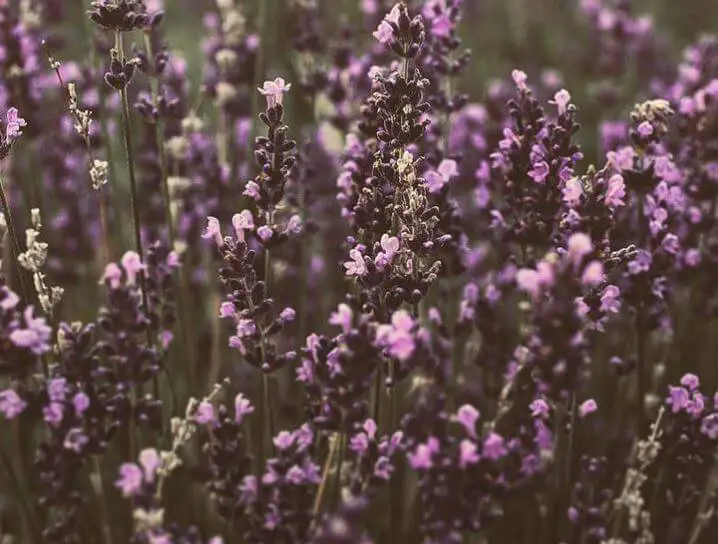
Beardies can eat fresh lavender foliages but not frequently. The herb will be a great source of vitamins C and A, calcium, and iron.
What Herbs Are Not Safe for Bearded Dragons?
1. Bay
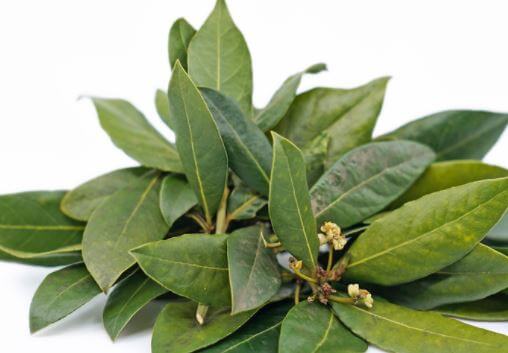
Bay leaves are aromatic and culinary but taste a little bitter. Beardies should not eat the bay leaves because there is no information on their safety.
2. Chives
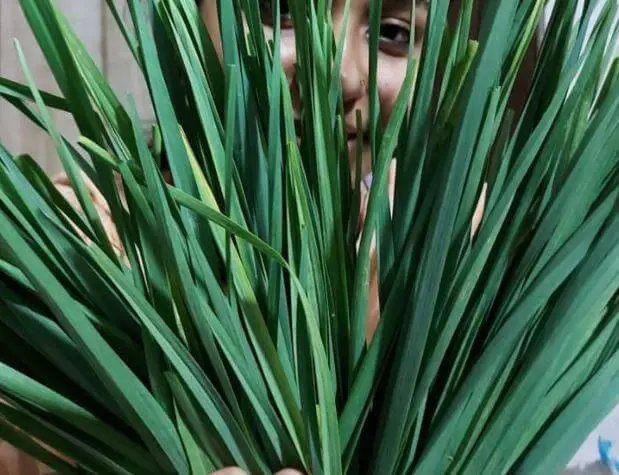
Chives are also not recommended herbs for beardies. It has high oxalic acid, containing 1480 mg/100g, and it will be potentially toxic for them.
3. Green Onions
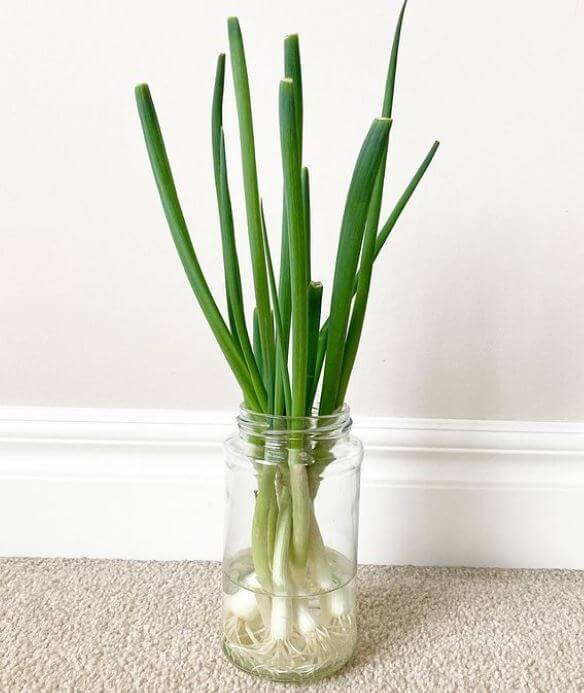
Green onions will be toxic if your pet consumes a large amount. Thus, your pet should not eat raw or even cooked onions.
Conclusion
Can bearded dragons eat dill? Yes, of course. But as with any dietary addition, you should introduce new foods gradually and monitor how the reptile responds to them.
Consulting a reptile veterinarian or a herpetologist can provide specific guidance on incorporating dill or other herbs into a reptile’s diet safely.
Hopefully, you will have an excellent time taking care of your lovely beardie with the best herbs and foods.
If you want to learn more about bearded dragons’ diet and nutrition, watch this video!
Key points on whether bearded dragons can eat dill:
1. Dill and Bearded Dragons:
- Safe Herb: Dill (Anethum graveolens) is generally safe for bearded dragons to consume.
- Moderation is Key: Offer dill occasionally and in moderation as part of a varied diet.
2. Nutritional Value of Dill:
- Nutrient-Rich: Dill contains several vitamins and minerals beneficial for reptiles, including vitamin C, manganese, and iron.
- Water Content: Dill has a high water content, aiding in hydration for bearded dragons.
3. Preparing Dill for Bearded Dragons:
- Organic Sources: Always opt for organic dill to avoid potential exposure to pesticides or harmful chemicals.
- Wash Thoroughly: Rinse dill leaves thoroughly to remove any residue or contaminants before feeding.
4. Feeding Guidelines:
- Occasional Treat: Introduce dill as an occasional treat rather than a staple food in the bearded dragon’s diet.
- Mixed with Greens: Offer dill alongside other safe greens and vegetables for dietary variety.
5. Caution and Considerations:
- Oxalates Content: Dill contains oxalates, which in high amounts can bind to calcium, potentially leading to calcium deficiencies.
- Watch for Reactions: Monitor your dragon for any adverse reactions or digestive issues after introducing dill.
6. Variety in Diet:
- Balanced Diet: Ensure a diverse diet for your dragon, incorporating various safe vegetables, leafy greens, and occasional herbs like dill.
7. Veterinary Advice:
- Consultation with a Vet: Always consult a reptile veterinarian for dietary advice and recommendations regarding new food items.
- Individual Tolerance: Each dragon might have different tolerance levels to certain foods, so observe their response when introducing dill.
8. Serving Size and Frequency:
- Small Portions: Offer small amounts of dill to prevent overfeeding and potential digestive upset.
- Irregular Offering: Dill should not be a regular part of their diet but given sporadically.
Incorporating dill into a bearded dragon’s diet can add variety and some nutritional benefits, but it’s crucial to do so cautiously and in moderation. Always prioritize a balanced diet consisting of safe, staple vegetables and greens while using dill as an occasional treat. Monitoring your pet’s response to new foods and seeking professional advice when necessary will contribute to their overall health and well-being.
Further Reading:
- Carolina Custom Cages Terrarium Review
- 8 Best Basking Rocks for Beardie: What Is the Best Choice?
- 10 Best Thermometers for Beardie: How to Choose the Best One?
- 5 Best Beardie Lighting Setups for Beardie Lovers
- 9 Best Heat Lamps for Beardie: Natural Habitat Provided

